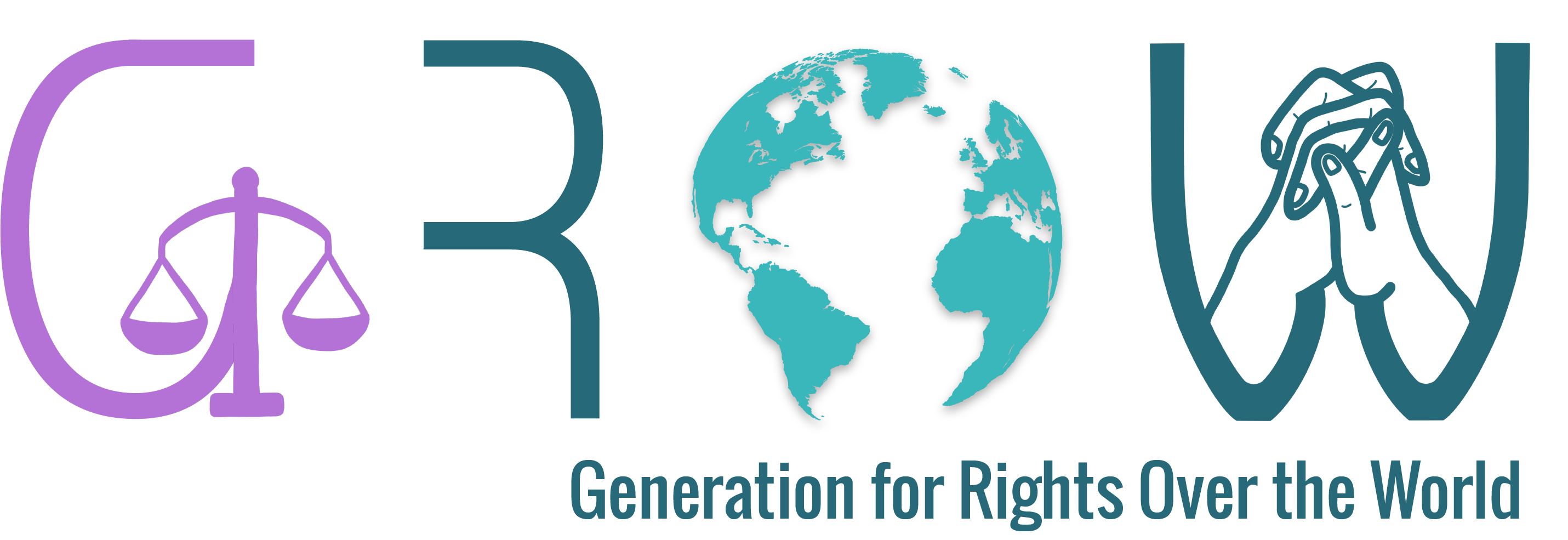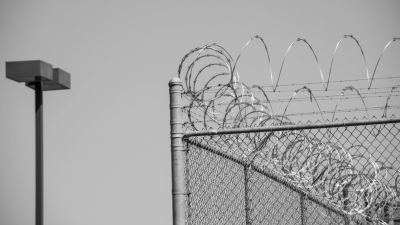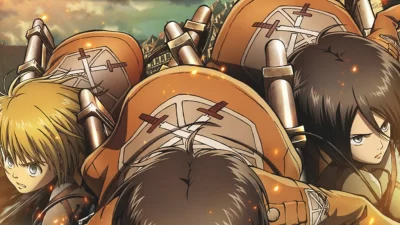In 2007 in Tehran, 19-year-old Reyhaneh Jabbari (ریحانه جباری in Persian) is trapped by a man who is about to rape her. She has two options: to allow herself to be raped, even if it means shattering her life, being judged by others, in a traditionalist society in which rape victims are guilty of sex outside marriage; or to fight back. She finds a knife and stabs him to save her life. She then finds herself accused of murder, as a witness saw her leaving the flat. After a highly politicised trial (the man being part of the Iranian Secret Service), she is finally sentenced to death according to the law of retaliation.
As in other states applying Islamic law, Iran uses the law of retaliation, in other words, “an eye for an eye, a tooth for a tooth”, in the event of injuries or murder. It should be noted that, in the case of murder like here, it is the family who takes revenge and it is thus up to them to kill the condemned person – a way for the State to offload the problem. When the law of retaliation in case of murder is decreed, there are three solutions: revenge by the family of the victim, who will then kill the culprit; the forgiveness granted to the culprit, leading to his release; or financial compensation from the family of the culprit, to the family of the victim. It should also be noted that, in Iranian Islamic law, a woman’s life is worth half that of a man. In cases where the law of retaliation is applied, more guilty women are killed than men. In fact, for a man who killed a woman to be killed in turn by the family of the latter, his life being worth half that of his murderer, the family would have to pay a certain amount to have the “right” to kill him.
In the case of Reyhaneh Jabbari, since her life is worth less than that of the person she killed, the family can kill her “for free”. Moreover, being a relatively wealthy family, the option of financial compensation is rejected. This leaves Reyhaneh’s family with only one option: obtaining forgiveness.
Using footage shot secretly, audio recordings from Reyhaneh’s phone calls, and readings from her letters and diary kept in prison during her seven years of detention, Steffi Niederzoll’s documentary film Seven Winters in Tehran shows the struggle of Reyhaneh’s family, especially her mother, Shole Pakravan, to try to save her.
Her face and story may sound familiar, thanks to Shole Pakravan, a mother who fought with all her might to secure her daughter’s release. She has succeeded in mobilising people around her daughter’s story, making her plight known beyond Iran’s borders. Media from all over the world took up the case, politicians from several countries called for her release, international human rights NGOs denounced a botched investigation, and of course the use of the death penalty. Thanks to her struggle, Reyhaneh has become a symbol of the fight for women’s rights, but also against injustice in Iran.
A symbol against injustice, because beyond her case, the documentary shows how the trial is rigged, the things that can be taken as proof when they prove nothing, the use of torture by the regime to achieve its ends. This film reminds us of the discrimination to which women are subjected to from birth in Iran. Whether it is the fate of Reyhaneh or the testimonies of her former fellow prisoners, the film highlights the condition of Iranian women, victims of sexual violence, inside or outside the family, in all walks of life (Read also: “A mausoleum for condemned victims. Les putes voilées n’iront jamais au Paradis ! by Chahdortt Djavann”). In Iran, women are subjugated to men. They cannot defend themselves, they will always be seen as guilty, and probably sentenced to death.
Reyhaneh, as fighter and strong as her mother, fights until the last moment, for her rights, but also for those of her fellow prisoners, to live in a just society, where everyone can live free and equal. She even asks her family to forgive those who, finally, decided to kill her.
During the previews, at the end of the screening, we are shown a short video of Shole Pakravan, who speaks directly to the audience, thanking us, telling us that there are “seeds of hope in her terrible story”, but above all, asking us to act, for all those in prison in Iran today.
This film, about a struggle, about a tragic fate, but also about hope, has a particular echo, since at the time of its release, Iranians have been protesting for six months in the movement known as “Women, Life, Freedom”, after the death of Mahsa Amini in September 2022, another victim of the Khomeinist regime. So to help all these daughters, sisters, sons, brothers, mothers, fathers, detained in Iranian prisons, Amnesty International, partner of the film, lists ways to act to prevent the execution of protesters sentenced to death.
Seven Winters in Tehran, a documentary film by Steffi Niederzoll, 2023, 97 minutes.







